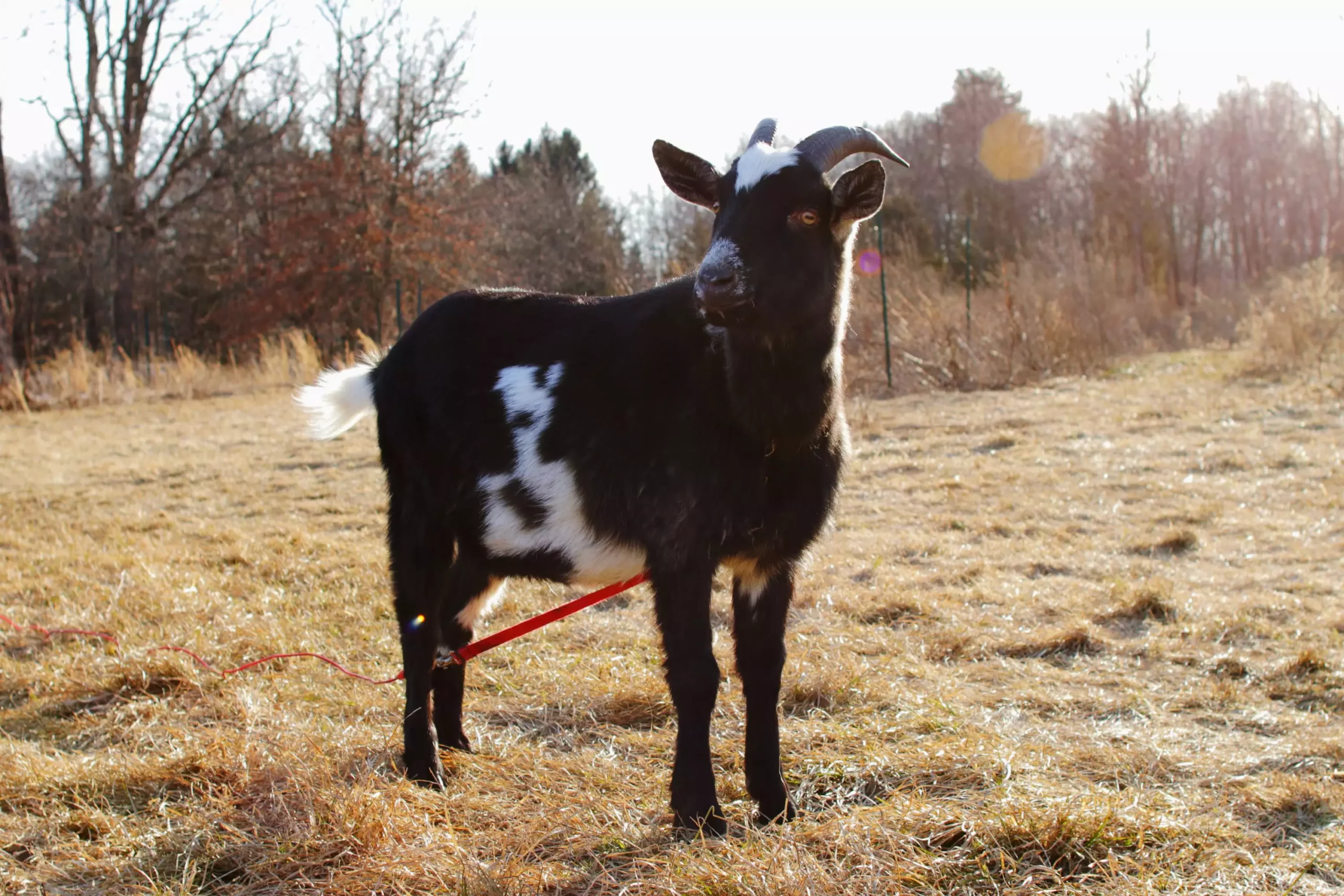Goats have long been celebrated as valuable farm animals, but their charm extends beyond agriculture into the realm of companionship. Increasingly, many people are discovering the delightful experience of keeping goats as pets. Affectionate, intelligent, and undeniably quirky, goats can be a fantastic addition to the family—court jesters of the animal kingdom, if you will. However, owning goats comes with a unique set of responsibilities and considerations that potential owners should thoroughly investigate before embarking on this rewarding journey.
With over 300 different breeds, goats vary significantly in size, temperament, and dietary needs. Most often, individuals choose dwarf or pygmy varieties for companionship due to their manageable size and friendly demeanor. However, each breed possesses specific traits, so it’s essential for prospective owners to research which type aligns best with their lifestyle and environment. For instance, the Nigerian dwarf goat, one of the smallest breeds, is typically around 17 to 19 inches tall and tends to be more playful and manageable within smaller properties.
Additionally, goats are inherently herd animals, which means that they thrive in the company of their peers. It’s advisable to keep at least two goats to satisfy their social needs, ensuring they do not become lonely or stressed. A lonely goat can develop behavioral problems, making it crucial to assess your ability to provide companionship for a goat before bringing one home.
Unlike more conventional pets that require minimal physical space, goats need roomy environments to roam, explore, and express their innate behaviors. The amount of space required will depend on the breed—smaller dwarf goats may need at least 135 square feet per goat, while larger breeds such as Nubians typically require twice that. Property owners must check with local zoning regulations, as many municipalities restrict livestock within city limits, and regulations may dictate the size and number of goats allowed.
Field fences that are at least 4 to 5 feet high are a must, as goats are surprisingly agile and adept at jumping. Additionally, a mixture of sun and shade in their living area is vital for comfort, including a weatherproof barn or shelter to protect them from the elements—making sure these spaces are secure from potential predators, especially at night.
Though commonly perceived as ruminant creatures that can forage indiscriminately, goats are quite selective eaters. Unlike what many may think, they prefer food that is clean and unsoiled. Their diet should consist of hay, grains, and plenty of greens. If a goat’s diet is not adequately balanced, they become susceptible to various health issues, ranging from dietary imbalances leading to bladder stones to more infectious diseases like caprine arthritis encephalitis (CAE) or coccidiosis.
Regular consultation with a veterinarian proficient in farm animal care is non-negotiable for your goats’ health. Vaccinations, preventive treatments for parasites, and routine health check-ups will help maintain the well-being of your goats and extend their lifespan, which typically reaches between 15 to 18 years in captivity.
Despite their reputation for being fairly low-maintenance animals, goats require regular grooming and hoof care. Their coats should be brushed to help shed loose hair and dirt. Moreover, trimming their hooves every six to eight weeks is crucial; otherwise, unmaintained hooves can curl and crack, leaving the goats vulnerable to pain and infection. It’s a part of goat care that cannot be overlooked, and if an owner feels uncertain, seeking the assistance of a professional farrier or veterinarian is wise.
Additionally, staying vigilant for signs of distress or health issues is integral to goat ownership. These animals can exhibit behavioral changes that reflect discomfort or illness, making familiarity with their normal routines crucial.
Bringing goats into your home certainly comes with challenges and responsibilities, from ensuring that you have enough space and fulfilling their social needs to attending to their health and dietary intricacies. However, the rewards are greater than the challenges; goats are playful, affectionate, and known for their unique personalities.
For those willing to invest the time and care, goats can bring joy and companionship that enhance family life. If you’re ready and committed to providing a loving environment for these charismatic creatures, you’re set to embark on a delightful journey that can create lasting memories and a deeper connection with one of nature’s most engaging animals.

